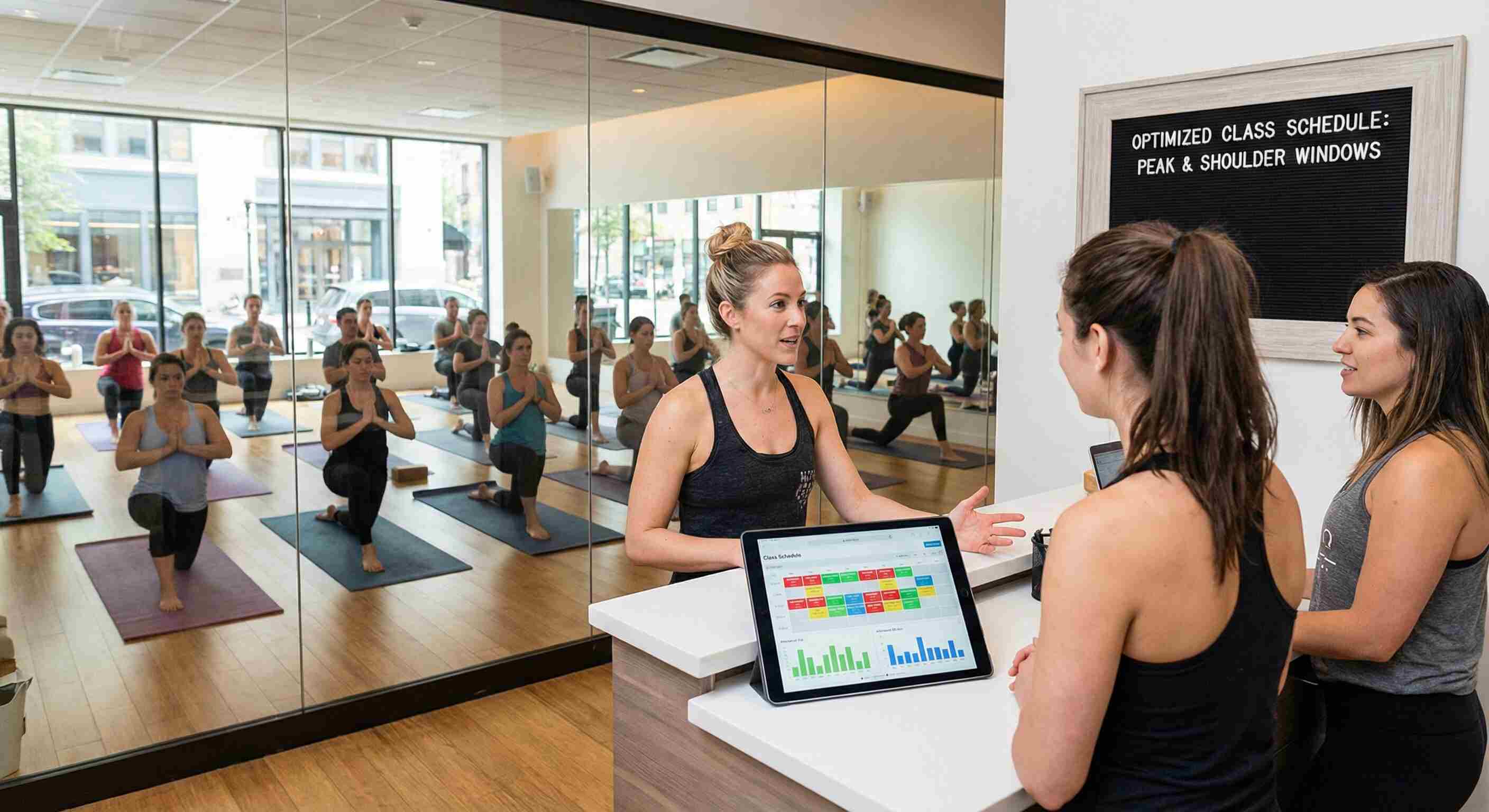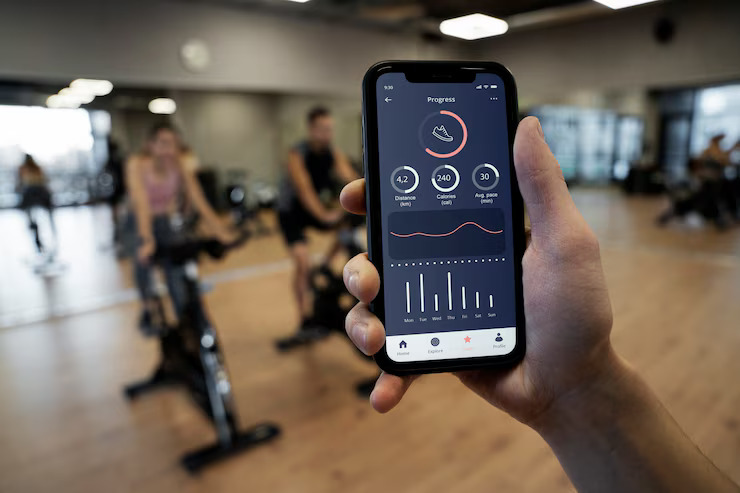
No matter the job or industry, many people find there’s just never enough hours in a day to accomplish everything you want to get done. That means feeling like you’re always behind and playing catch up. That’s not a good feeling to have—it wears on your business and it wears on your soul.
So how do you increase your productivity with only 24 hours in a day? Working all the time is not healthy and just not practical. Studies by Stanford University even support that productivity drops after a 50 hour work week. Rather than work more, you can be productive by prioritizing what really matters. Here are some tips for working more efficiently without burning yourself out:
Cut Out the Multitasking
We all have multitasking habits. While you might believe you’re a good multitasker, the truth is that humans aren’t actually able to do more than one thing at a time. What’s really going on in your brain is that you’re switching between tasks very rapidly and, in the process, weakening your focus on each task.
Next time you catch yourself multitasking, take a beat and focus on one the thing that needs to get done before anything else. Then move on to the next task. When you work this way, it takes you less time overall to complete your tasks.
Automate It
Reducing the number of decisions you have to make in a day is an amazing productivity hack. Less decision-making means less processing by your brain and more energy saved. So when you build systems and routines, you reduce that decision-making and put your mind on autopilot so you can save energy for other things.
And good news—we live in the tech age! There are plenty of ways to make technology work for you. There’s marketing automation software, customer relationship management software, task management software, social media management software, e-commerce software, and more. The more you can automate in your work, the more you maximize productivity. And the more you maximize your productivity, the more time you have for your personal life! Automation is the key to calibrating the balance between your work and personal lives.

Value & Manage Your Time
What if instead of measuring your productivity by how long a task takes you, you measured what was accomplished in a day? Sometimes forcing yourself to work on a task to completion when the task feels beyond your capacity, you begin to resent the task–– and that’s just not productive at all. The fountain of creativity in most people can’t just be turned on and off, so it’s kind of unreasonable to expect ourselves to be able to consistently produce quality work on a 9 to 5 schedule.
Instead, it’s wise to manage your time and give your brain breaks from tasks that you feel you are not able to fully focus on. When you don’t manage your time this way, you end up spending unproductive time trying to complete tasks that eat into the rest of your to-do list. When you feel like you’re always behind in work it’s because you’re spending too much unproductive time in your work life. Schedule limits of time you’ll dedicate to a certain task so that you don’t neglect your other tasks. There are a ton of time management apps out there at your disposal.
Schedule Breaks
A yogi that has mastered balance knows that being flexible but steady is vital. The same applies to your work and personal time. Don’t fry your brain. Build time into your schedule to take a few breaks throughout your workday. Use that time to decompress and chill so that when you return to work, your brain is refreshed and ready to go. If you don’t schedule breaks, your mind will naturally wander to distractions like all the notifications on your phone or what’s happening on social media. Each time you get sidetracked for a little bit adds up and you end up losing out on time to be productive.
Block Out Your Calendar
It can be difficult as a studio owner to balance all the work that needs to be done. But where would you be as a yogi without focus? Channel that focus and avoid getting disrupted with requests from colleagues by blocking out time on your calendar dedicated specifically to getting your work done. You can still fulfill the requests of others outside this block of time. Use a stellar calendar software to help you stick to your schedule and keep yourself accountable to your work. You’ll be happier with yourself at the end of the week, and your work will feel more balanced.
fitDEGREE can support your Studio Fitness
Set Daily Goals
A good way to train yourself into adhering to routine is by setting goals each day. Goals help reinforce habits and behaviors. Once you make goal-setting a part of your daily practice, you end up with habitual productivity. To reinforce that productivity, focus on what was accomplished rather than focusing on what wasn’t finished by the end of the day. Review your “to-dones” every day so you can give yourself positive reinforcement.

Communicate
Whatever your job may be, you will have to work with other people from time to time. When this is the case, it’s important to be mindful of communication. A lot of time and energy can be wasted from a lack of strong communication. Prioritizing good communicating with your colleagues will minimize misunderstandings and miscommunications as well as improve efficiency. Communication is a fixture to stability in both your work and personal life. Communicate with your people!
Leverage Procrastination
Counter to what all your grade school teachers told you, procrastination can actually be a good thing. According to Parkinson’s Law, if you wait until the last minute, it only takes a minute to do. Now, that doesn’t mean you should wait until you’re down to the wire with a deadline to start a project, but it does mean that procrastination doesn’t have to be a thing to dread. If you take advantage of procrastination, you can produce work quickly.

Ask for Help
Remember the show “Who Wants to Be a Millionaire?” Even those game show contestants had opportunities to phone a friend, take a poll from the audience, and the 50/50. Although in work and business there are seldom four answers with an option to eliminate two of the incorrect answers to your problem, you still have the ability to ask for help.
If you have a challenge that you’re struggling to find a solution to, sometimes it’s more productive to ask for another mind to help you rather than wasting more time figuring it out on your own. Phone a friend or ask for an expert referral. Ask questions. Learn.
Self-Care
One of the most important but undervalued pieces of working smart is taking care of yourself. Taking care of your physical health is good, but you also need to be mindful of your mental and emotional health. A balanced mind and body make for a more balanced work and life. So make time for yourself, prioritize nutrition, exercise, and sleep, and always make time to decompress. Making time for you makes you a more productive worker.
Conclusion
Take these tips as a guide to work smarter rather than harder. Bear in mind that it will take some time reinforcing these tips as habits before they truly start to impact your productivity. Be patient but persistent with yourself.















.jpg)












.jpg)










.jpg)










































.jpg)



























